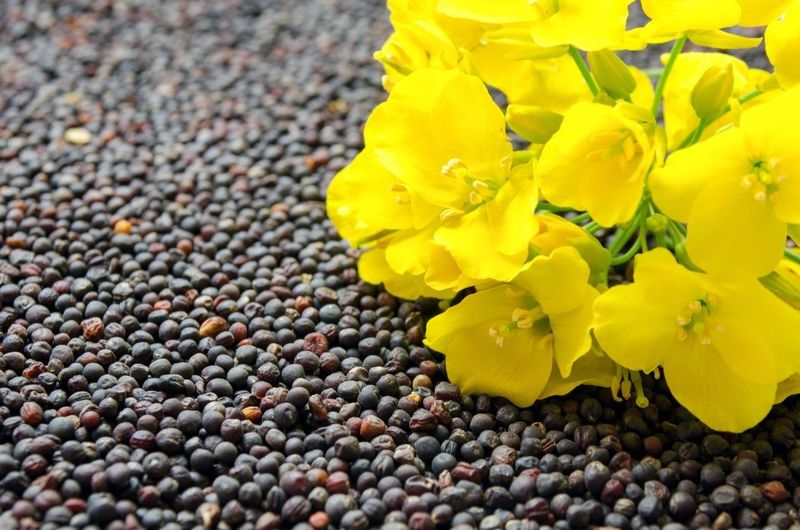Canola price likely unaffected by Israel-Iran tension

Canola growers are not likely to be huge beneficiaries of rising crude oil prices caused by mounting tensions in the Middle East, says an analyst.
“It’s a supportive factor, but it can’t drive the oilseed sector higher just by itself,” said MarketsFarm analyst Bruce Burnett.
West Texas Intermediate (WTI) crude oil futures rose 10 per cent in the week ending Oct. 4, finishing at around US$75 per barrel.
The upward movement was in response to U.S. President Joe Biden confirming he has been in discussions about Israel targeting Iran’s oil reserves in retaliation for Iran launching at least 180 missiles at the Jewish state.
Iran is a significant exporter of oil, shipping out 1.8 million barrels per day in August, according to the International Energy Agency.
Some analysts are speculating that crude oil prices could rise as high as $100 per barrel if Israel targets Iran’s reserves and Iran retaliates by disrupting the flow of oil out of the Strait of Hormuz, which is the only way to get oil from the Persian Gulf to the world’s oceans.
WTI futures prices jumped 14.7 per cent in one day in 2019 after Saudi Arabia’s oil facilities were damaged in an attack that U.S. officials blamed on Iran.
Prices shot up as high as $123 in 2022 in response to Russia’s invasion of Ukraine.
Corn, wheat, soybean and canola prices are all tied to crude oil prices because they are important feedstocks for the growing biofuel sector.
Burnett said the link is particularly strong between crude oil and the oilseed complex.
“But that link has been a little bit broken this year,” he said.
Other factors are weighing more heavily on canola prices, including the recent rally in palm oil prices, with nearby futures setting two-year highs due to tight supplies of the commodity.
“That’s probably what’s going to be driving the oilseeds a little bit more over the next little while, not crude oil,” said Burnett.
Crude prices are really a secondary influence, taking a back seat to fundamentals such as Canada’s disappointing canola harvest,
what appears to be a massive U.S. soybean crop and early-season moisture concerns in Brazil.
Burnett finds it funny how the crude oil market is responding to the mounting tensions between Israel and Iran.
“The market acted as though this is just absolutely new news, we had no idea there was a conflict going on in the Middle East,” he said.
Over the past six months, the market extracted most of the political/war risk premium that had been built into futures prices, seemingly forgetting about the war in Ukraine and rising tensions in the Middle East.
“I don’t know if (the market) was smoking too much dope or what, but it just totally forgot about keeping a risk premium in there,” he said.
That is why crude oil futures responded so vigorously to suggestions Israel might retaliate by targeting Iran’s oil infrastructure.
Burnett believes crude prices will stabilize at today’s levels unless Israel carries through with those threats, but he doesn’t think $100 per barrel is in the cards.
Iran isn’t a big enough player in the oil market to drive prices that high, and there is speculation OPEC could cover Iran’s lost production with its spare capacity.
“I don’t think we’re going there with this one unless we see a major escalation,” he said.
For almost 30 years of expertise in the agri markets, UkrAgroConsult has accumulated an extensive database, which became the basis of the platform AgriSupp.
It is a multi-functional online platform with market intelligence for grains and oilseeds that enables to get access to daily operational information on the Black Sea & Danube markets, analytical reports, historical data.
You are welcome to get a 7-day free demo access!!!
Read also
Abbey Commodities – General Partner of BLACK SEA GRAIN.KYIV-2026
Export Logistics Reset 2026: Rail Tariffs, Capacity Pressure and New Trade Reality
ABIOVE has spoken out against the EU’s proposal to phase out soy-based biofu...
Jordan purchased 50 thsd tons of barley in tender
Brazil, Argentina ship 7 mil mt of soybeans to China for Feb-April
Write to us
Our manager will contact you soon



